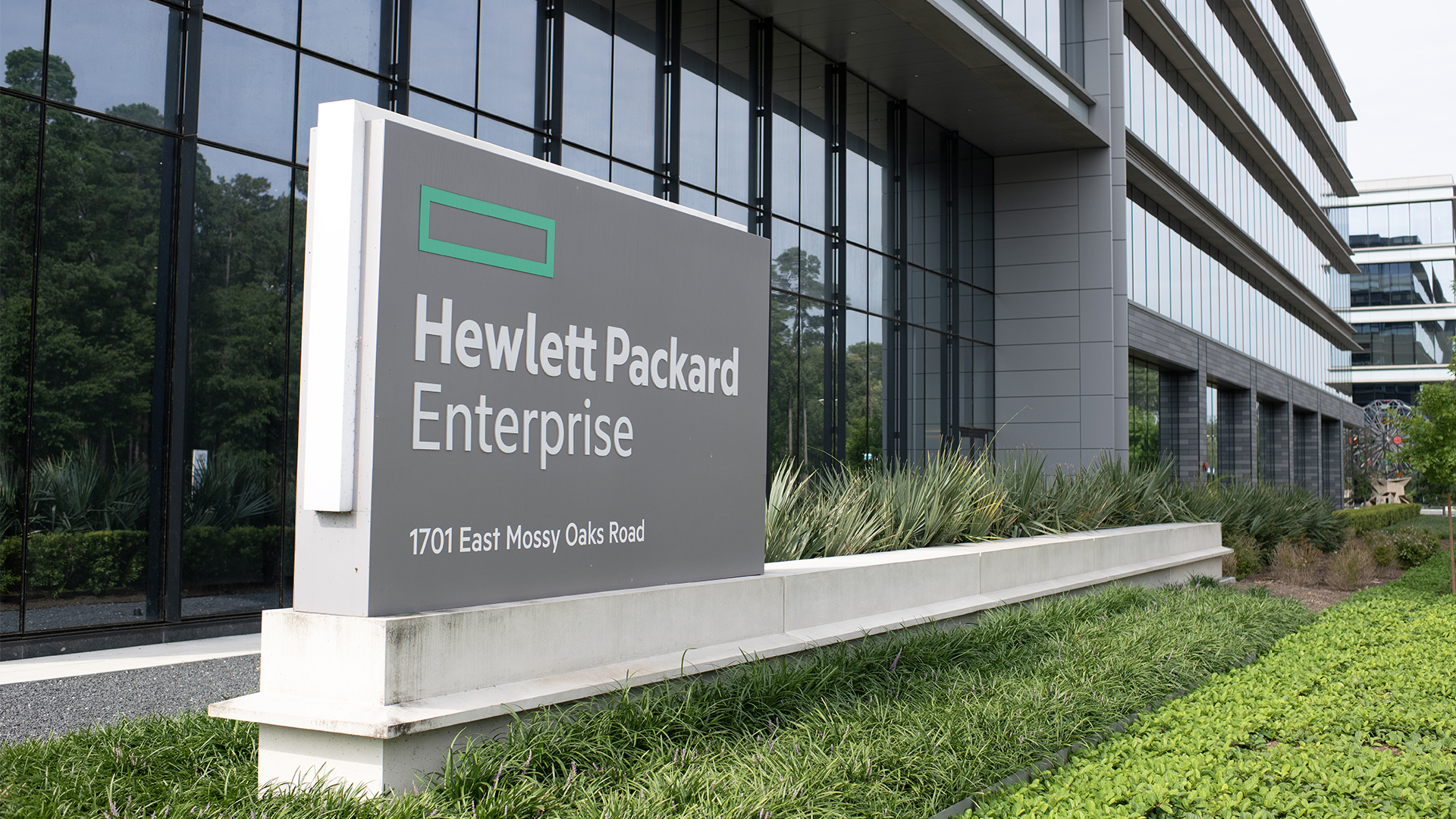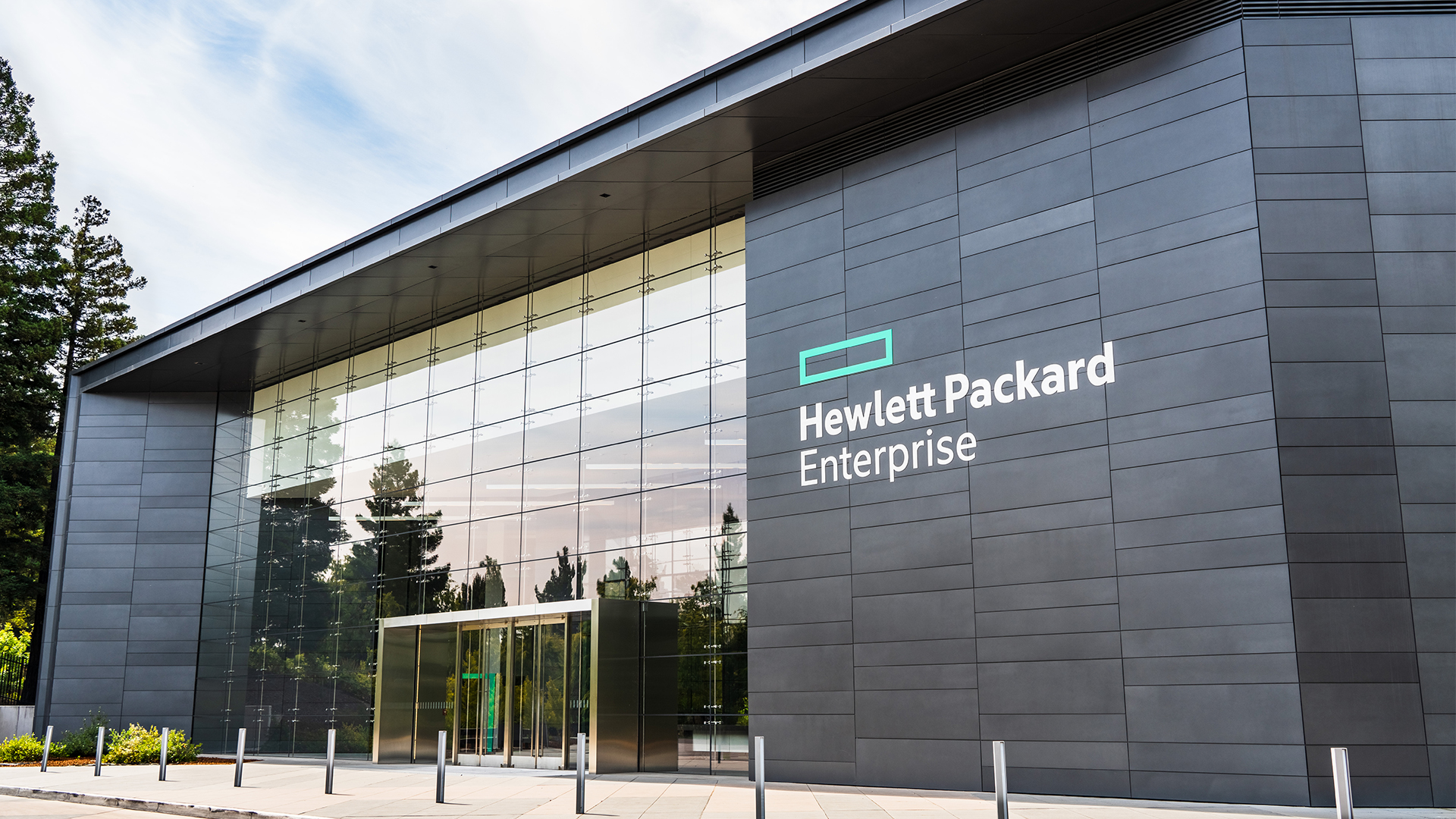Isambard-AI, the UK’s most powerful and sustainable supercomputer, is now up and running
The launch of Isambard-AI marks a "groundbreaking moment" for science, innovation, and technology in the UK


Isambard-AI, the UK's most powerful supercomputer, is now officially up and running in what's being touted as a major step forward for AI research across the country.
Housed at the University of Bristol, the multi-million-pound machine is one of the world's fastest supercomputers and is the second most sustainable in the world, according to researchers.
The new facility will be used by a wide range of organizations for AI research, such as training large language models (LLMs), healthcare and robotics, or AI safety. It's also expected to be used to accelerate automated drug discovery and for climate research.
Viscount Camrose, the UK government’s minister for AI, said the launch of Isambard AI marks a “groundbreaking moment for UK science, innovation, and technology”.
"This world-class equipment will revolutionize research possibilities here in the UK, with our world-first AI Safety Institute among the organizations who are set to benefit by harnessing one of the most powerful computer systems on the planet to drive forward their vital research."
Under the hood of Isambard-AI
Isambard-AI was built using a HPE Cray EX-based system, and leverages more than 5,400 Nvidia GH200 superchips, researchers said.
Its phase one performance stands at around 7.4 PFLOP/s on the TOP500 – meaning the 168 GPUs can perform 7.4x10^15 operations per second, while for AI the performance is even higher, at 647 PFLOP/s of 8-bit floating point (647x10^15).
Sign up today and you will receive a free copy of our Future Focus 2025 report - the leading guidance on AI, cybersecurity and other IT challenges as per 700+ senior executives
Similarly, it ranks 129th in the latest edition of the global TOP500 list of high-performance computing (HPC) systems - and is set for further improvements, according to Professor Simon McIntosh-Smith, director of the Bristol Centre for Supercomputing at the University of Bristol.
"Isambard-AI phase 1 signifies the start of the Isambard-AI service," McIntosh-Smith said.
"When the remaining 5,280 GPUs arrive at the University’s National Composites Centre (NCC) later in the summer, it will increase the performance by a factor of 32."
Professor Judith Squires, deputy vice chancellor at the University of Bristol, noted that Isambard has been delivered in record time. The project received £225 million in funding from the UK government last year, and has received significant support to achieve operational targets.
RELATED WHITEPAPER

"The speed with which this project is being delivered is testament to the expertise and ambition of our hard-working HPC and AI teams here at the University," Squires said.
The launch of Isambard follows news that the UK has this week joined the European High Performance Computing Joint Undertaking (EuroHPC), giving it enhanced access to the Horizon Europe-funded portion of the programme, worth over £770 million between 2021 and 2027.
UK scientists can now access eight supercomputers across Europe for research into drug discovery, AI and other applications.
"Supercomputers are essential tools that our best and brightest researchers need to deliver breakthroughs that will grow the economy and improve all our lives, from healthcare to energy security," said science, innovation and technology secretary Michelle Donelan
"I urge researchers to seize this exciting opportunity and bid for EuroHPC support."
Emma Woollacott is a freelance journalist writing for publications including the BBC, Private Eye, Forbes, Raconteur and specialist technology titles.
-
 What is Microsoft Maia?
What is Microsoft Maia?Explainer Microsoft's in-house chip is planned to a core aspect of Microsoft Copilot and future Azure AI offerings
-
 If Satya Nadella wants us to take AI seriously, let’s forget about mass adoption and start with a return on investment for those already using it
If Satya Nadella wants us to take AI seriously, let’s forget about mass adoption and start with a return on investment for those already using itOpinion If Satya Nadella wants us to take AI seriously, let's start with ROI for businesses
-
 HPE and Nvidia launch first EU AI factory lab in France
HPE and Nvidia launch first EU AI factory lab in FranceNews The facility will let customers test and validate their sovereign AI factories
-
 HPE's AI factory line just got a huge update
HPE's AI factory line just got a huge updatenews New 'composable' services with Nvidia hardware will allow businesses to scale AI infrastructure
-
 What HPE's results say about the direction of enterprise AI
What HPE's results say about the direction of enterprise AIAnalysis As with cloud computing, some companies value privacy over capacity
-
 Gaining timely insights with AI inferencing at the edge
Gaining timely insights with AI inferencing at the edgeWhitepaper Business differentiation in an AI-everywhere era
-
 Digital strategies in the era of AI
Digital strategies in the era of AIWhitepaper Businesses are on the cusp of a major paradigm shift
-
 HPE’s AI and supercomputing journey continues with new Cray and Slingshot hardware
HPE’s AI and supercomputing journey continues with new Cray and Slingshot hardwareNews The company is also wooing MSPs and enterprises looking to roll out AI on-premises
-
 Scaling AI from pilot to production: Maximize AI impact with HPE & Intel
Scaling AI from pilot to production: Maximize AI impact with HPE & IntelWhitepaper Transform AI proof-of-concepts into full-scale implementations
-
 HPE’s ‘one-click AI solution’ for private cloud cuts project times from months to a ‘single moment’
HPE’s ‘one-click AI solution’ for private cloud cuts project times from months to a ‘single moment’News The new tools allow generative AI virtual assistants to be launched in seconds, using private data
